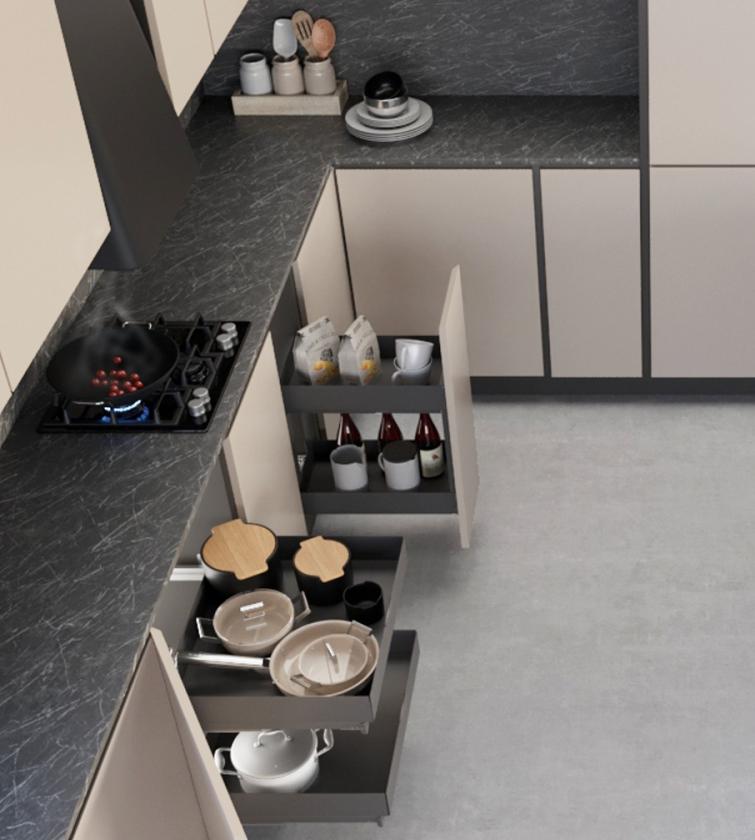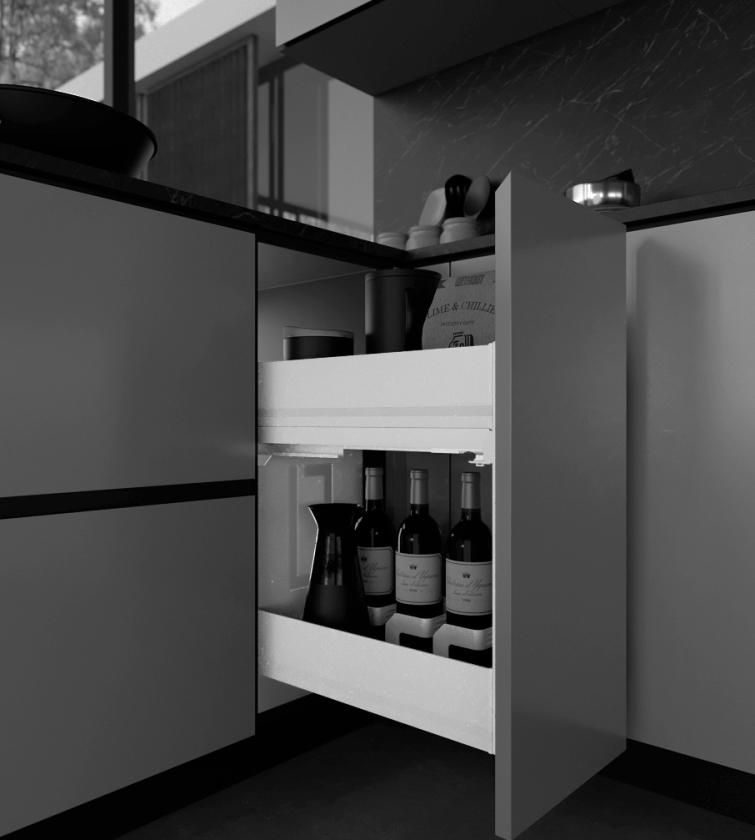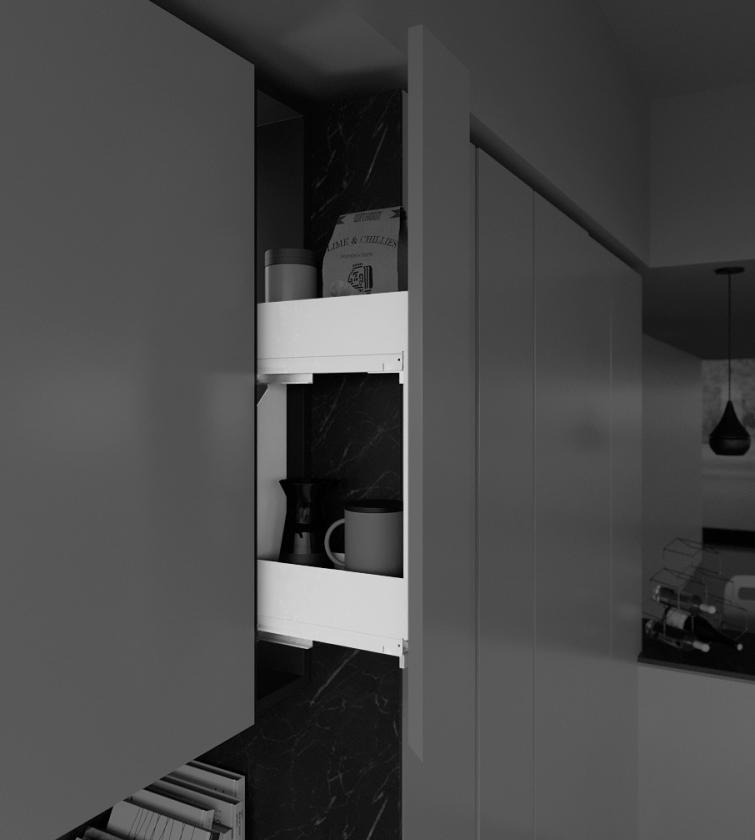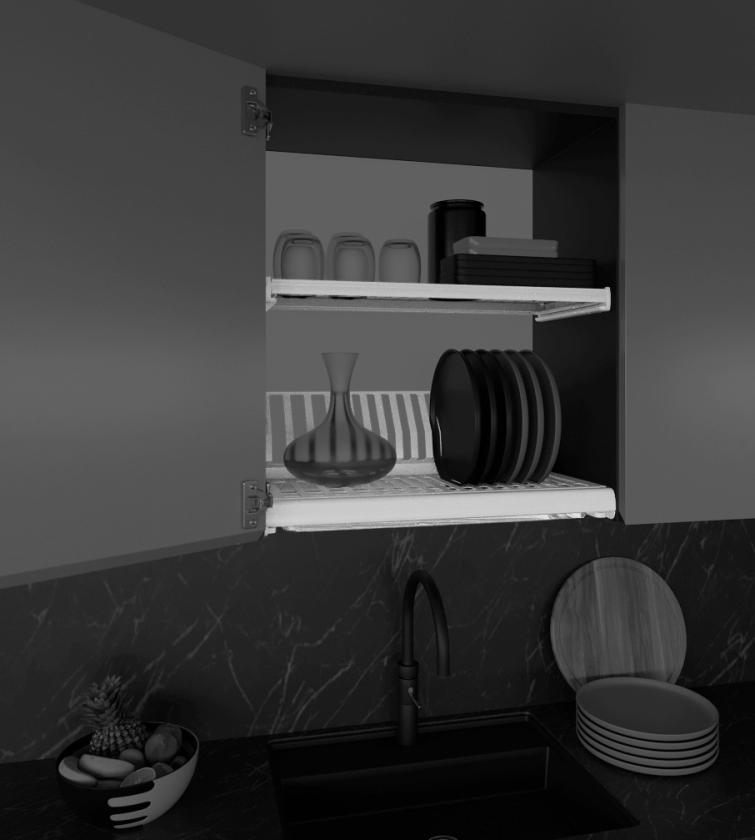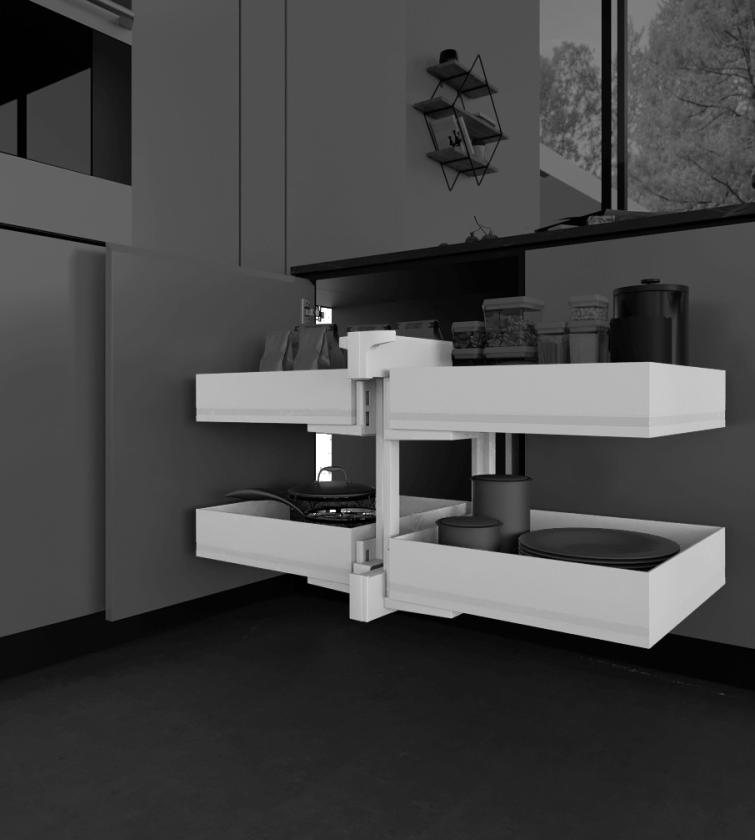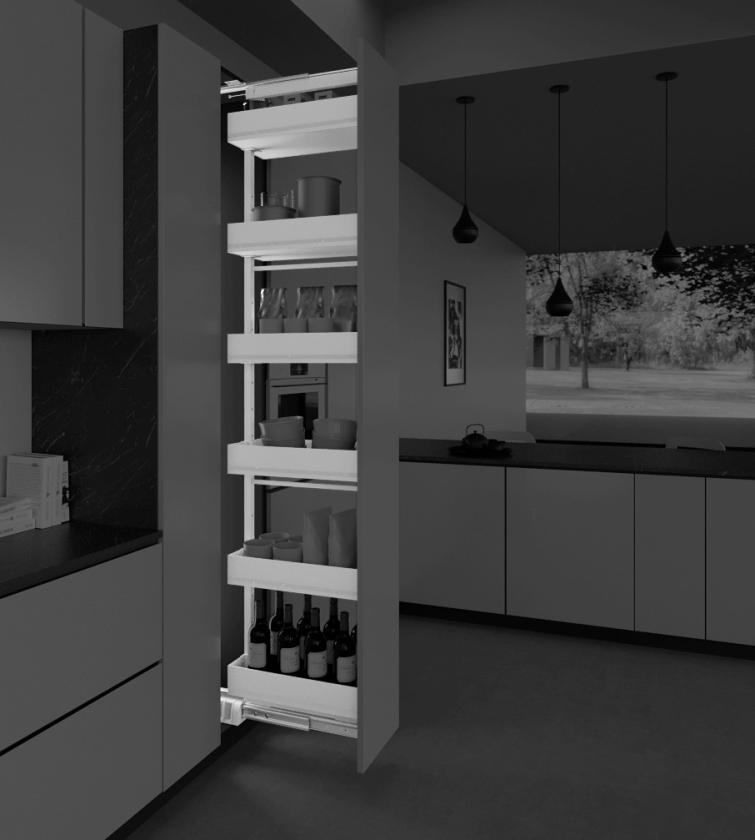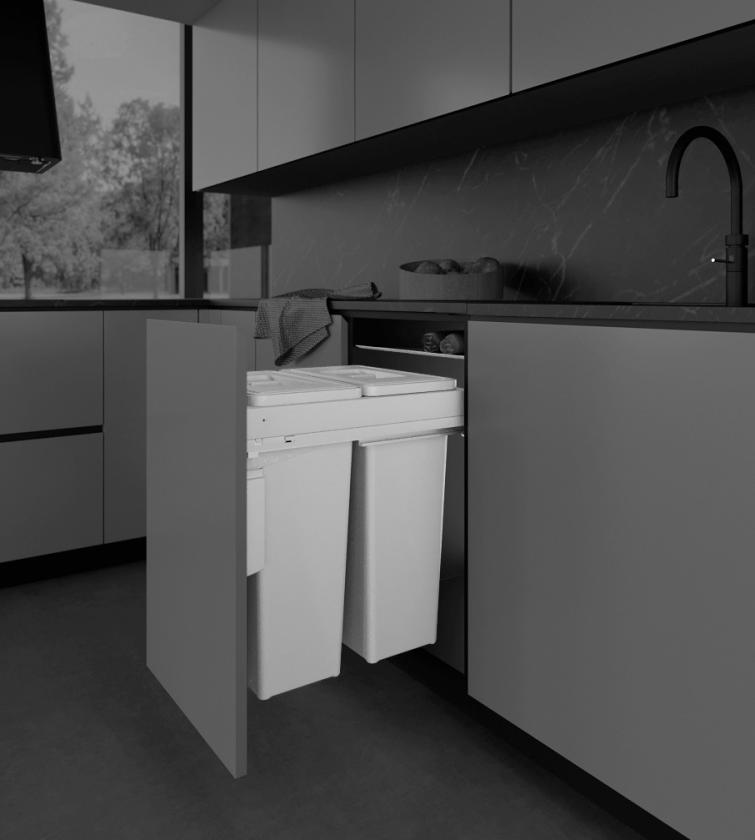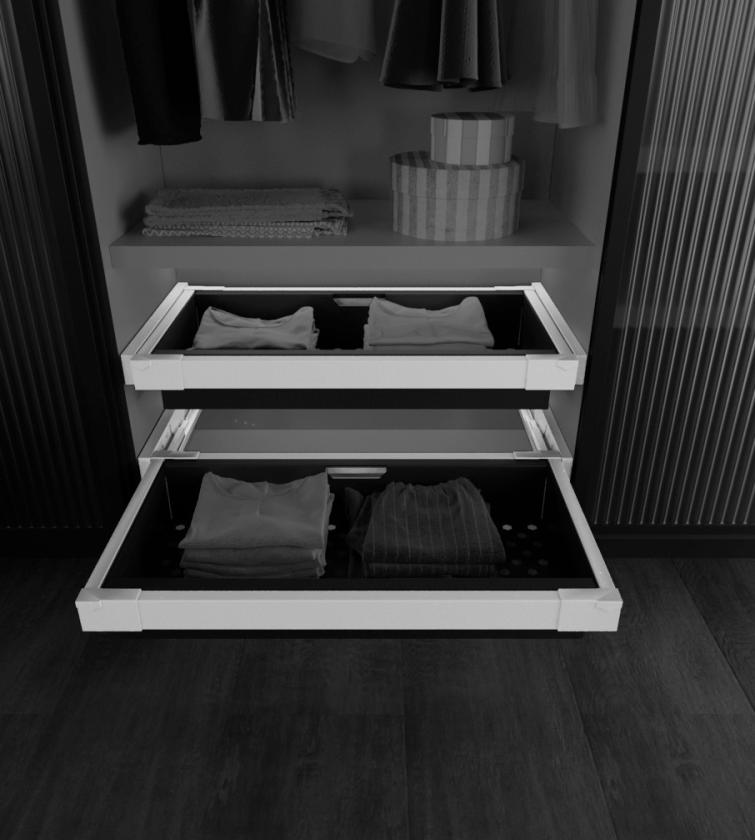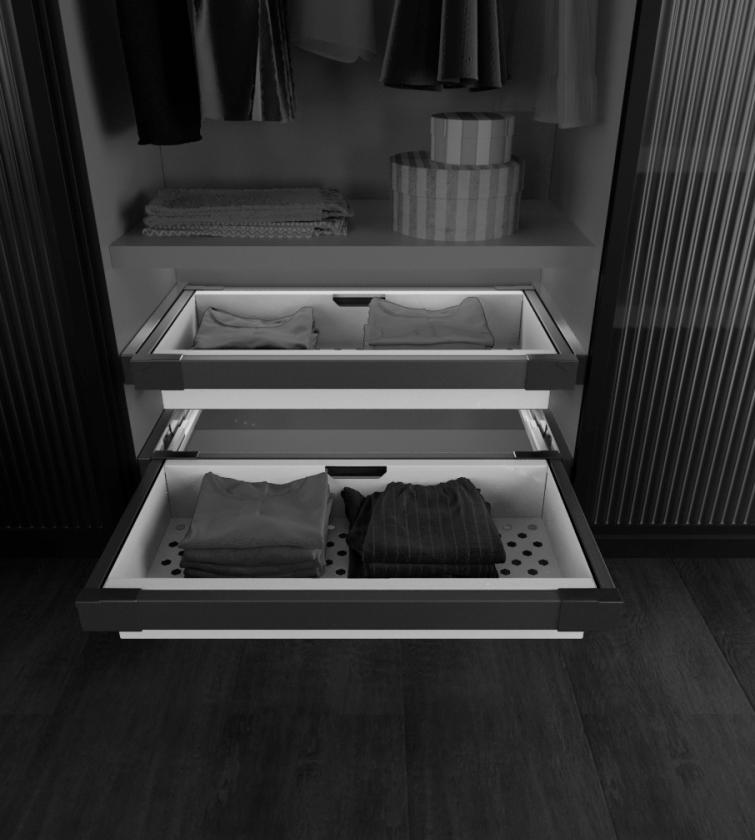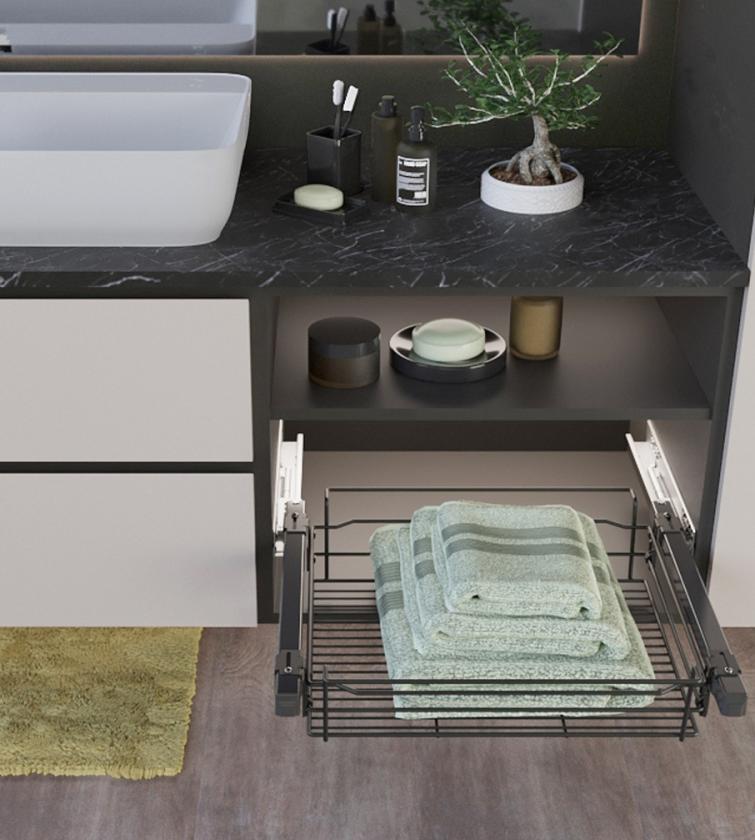Magazine
< back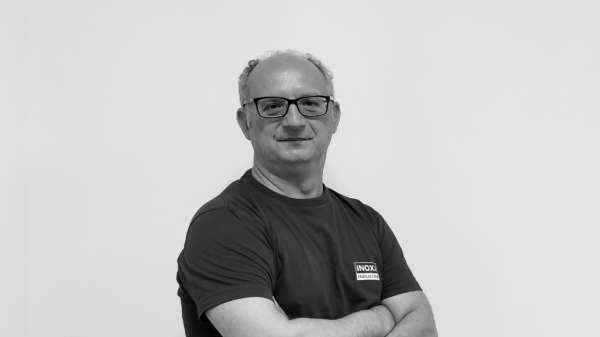
Interview with Francesco Carletti, Coordinator of Material Procurement from Suppliers and Supervisor of Production Activities
We interviewed Francesco Carletti, who told us what it means to be the Coordinator of Material Procurement from Suppliers and Supervisor of Production Activities.
-
Can you tell us about your role at Inoxa and what your main daily responsibilities are?
I mainly support the accounting and organizational management of the raw materials and finished products warehouse. I also follow part of the production process and some outsourced operations. One aspect I particularly appreciate about my job is tackling and solving accounting issues that may arise in the warehouse management system. -
How important is collaboration with third-party suppliers in production activities, and how is the material flow managed?
Managing outsourced work is quite complex and requires attention and coordination. Having a good relationship with the supplier is essential to building an effective partnership, especially when it comes to handling urgent matters. It’s also important to correctly balance inventory levels, avoiding both overstocking and shortages, for economic and logistical reasons. -
What are the main challenges in ensuring continuity and punctuality of materials?
This aspect is very complex. Inoxa manages many product lines with different finishes and components, in addition to the customizations requested by clients, such as specific types of fastening, packaging, and labeling. Ultimately, Inoxa’s challenge has always been this: to try and meet every customer request. In such a context, ensuring continuity and punctuality is not easy – it means responding flexibly to all these variables while maintaining efficiency and organization. -
Are there digital tools or methodologies that support your work?
Yes, we use digital tools for production and procurement planning and control, which help accurately monitor needs. However, experience and a deep understanding of what you're doing remain essential to avoid errors and prevent potential issues. -
How does your job change during the launch of new products or trade fairs like Interzum or Sicam?
Practically speaking, my job doesn’t change much before or during trade fairs. However, I would say the most intense phase comes after the launch of new collections, when new products enter production. At that point, it's crucial to quickly learn the bill of materials of the new items and organize the material flow to ensure production continuity. At a company like Inoxa, which "never stops" innovating, this is a daily task that requires readiness and flexibility. -
In your opinion, what are the key skills required for a role like yours?
I believe that one of the most important aspects of my job is the experience gained over the years, which allows you to identify – and sometimes prevent – mistakes. It also involves the ability to analyze problems calmly, with observation and an open mind. A team-oriented mindset and the ability to manage constantly changing situations are also essential. -
Is there a professional moment that made you particularly proud of your work at Inoxa?
I feel satisfied every time I manage to give the correct answer to a request or make my colleagues’ work easier. It's not always easy, but I put in my best effort. -
How do different departments work together to achieve common goals?
Interdepartmental collaboration is very important, especially in a complex production environment like ours. Having multiple facilities inevitably brings challenges, but good coordination – particularly in logistics – is key to overcoming them. Inoxa is investing in improving these aspects further, with new facilities that will help simplify the organization and streamline workflows. -
What advice would you give to a young person wanting to enter the world of logistics and production?
Humility and a keen sense of observation are essential. I started out doing the simplest tasks, and that’s exactly where you begin to learn. Observe and learn from those with more experience, be curious, and be ready to adapt to changes in accounting, logistics, and production. Logistics and production are dynamic fields where the ability to respond quickly truly makes a difference.



